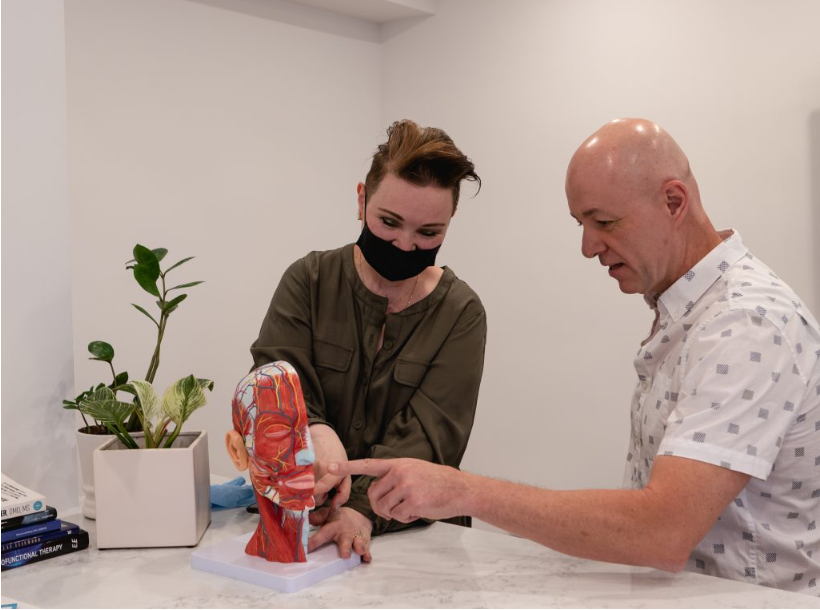
Role of a Dedicated Virtual Assistant in Healthcare
A dedicated virtual assistant is a remote worker trained to handle administrative tasks. They help healthcare providers manage daily operations. This support includes tasks like scheduling, billing, and communication. By handling routine duties, they allow healthcare staff to focus on patient needs.
Healthcare requires high organization. Patient records, schedules, and billing must be accurate. A dedicated virtual assistant helps with these tasks. They reduce the time healthcare staff spends on administration. This improves the efficiency of healthcare services.
Benefits of Having a Dedicated Virtual Assistant
-
Time-Saving: A dedicated Virtual Medical Assistant takes over time-consuming tasks. They organize schedules, answer patient questions, and update records. This saves time for doctors and nurses, allowing them to focus on patients.
-
Cost-Effective Solution: Hiring an on-site assistant is expensive. It involves costs like office space, equipment, and benefits. A dedicated virtual assistant works remotely. Healthcare providers only pay for their services. This helps reduce costs.
-
Improved Patient Care: Virtual assistants manage routine tasks. This gives healthcare staff more time with patients. They can focus on providing quality care without administrative distractions.
-
Flexible Support: Many virtual assistants offer flexible hours. This ensures healthcare providers have support during off-hours. Patients receive timely responses, enhancing their experience.

Key Tasks of a Dedicated Virtual Assistant in Healthcare
Virtual assistants play an important role in managing healthcare tasks. Here are some key responsibilities they handle:
-
Scheduling Appointments: Virtual assistants manage appointments. They coordinate with patients and healthcare providers. This prevents scheduling conflicts and keeps things organized.
-
Updating Patient Records: Accurate records are essential in healthcare. A dedicated virtual assistant maintains patient files. They ensure all information is up-to-date and accurate. This makes it easier for healthcare providers to access necessary data.
-
Billing and Coding: Billing is critical in healthcare. A dedicated virtual assistant manages billing tasks. They process invoices, handle insurance claims, and ensure timely payments. This helps healthcare facilities maintain financial stability.
-
Responding to Patient Inquiries: Patients often have questions. A virtual assistant answers calls and emails, providing necessary information. This improves communication between patients and healthcare providers.
-
Data Entry and Document Management: Data entry is time-consuming. Virtual assistants handle this efficiently. They organize documents and keep digital records neat. This supports the smooth operation of healthcare facilities.
Cost Savings with a Dedicated Virtual Assistant
Hiring a dedicated virtual assistant helps reduce costs in healthcare. On-site staff requires physical space, equipment, and benefits. Virtual assistants work remotely. This eliminates the need for additional office space and resources.
Virtual assistants often work on an hourly or per-project basis. Healthcare providers can hire them as needed. This flexible pricing makes it easy to control expenses. Healthcare providers only pay for the hours or services they use.
Enhancing Efficiency in Healthcare with Virtual Assistance
Virtual assistants help increase efficiency in healthcare. They manage tasks that would otherwise occupy healthcare staff. With a dedicated virtual assistant, healthcare providers stay organized. Scheduling, patient records, and billing processes become more streamlined. This improved efficiency supports quality patient care.
Moreover, virtual assistants provide reliable administrative support. They help healthcare staff manage time better. This ensures that the team remains focused on patients. A dedicated virtual assistant creates a smooth workflow. This is crucial for healthcare providers.
Choosing the Right Dedicated Virtual Assistant for Your Needs
Selecting a Virtual Medical Receptionist with healthcare experience is essential. They should understand medical terms and data privacy. Healthcare facilities should look for assistants with a background in medical administration. Knowledge of scheduling, billing, and record-keeping is important.
Healthcare providers should also prioritize data security. Virtual assistants handle sensitive patient information. They should follow strict guidelines to protect this data. Many virtual assistants are trained in HIPAA regulations. This ensures patient information remains secure and confidential.
When hiring, healthcare providers should also consider flexibility. A virtual assistant with flexible hours can provide support even during non-office hours. This enhances patient satisfaction. Patients receive timely responses, which improves their experience.
Data Security and Confidentiality
Data security is vital in healthcare. Virtual assistants often handle confidential patient records. To ensure safety, they use secure networks and encrypted systems. This prevents unauthorized access.
HIPAA guidelines set standards for healthcare data security. A dedicated virtual assistant must understand these guidelines. They follow strict procedures to maintain privacy. This protects patient information and builds trust.

The Future of Dedicated Virtual Assistants in Healthcare
The demand for virtual assistants in healthcare is growing. Many healthcare providers are moving towards digital solutions. Virtual assistants help manage digital records, schedules, and billing. They support healthcare providers in keeping up with patient demands.
As technology advances, virtual assistants will continue to gain new skills. They will use secure software for data management. This will further improve their role in healthcare. Dedicated virtual assistants are essential for modern healthcare needs. Their support keeps healthcare facilities organized and patient-focused.
Conclusion
A dedicated virtual assistant is a valuable resource in healthcare. They take over essential tasks, such as scheduling, billing, and data entry. This support allows healthcare providers to focus on patient care. Hiring a virtual assistant improves efficiency, reduces costs, and enhances patient satisfaction. Healthcare providers looking to streamline their operations should consider this solution. It offers a practical way to meet today’s healthcare challenges.


